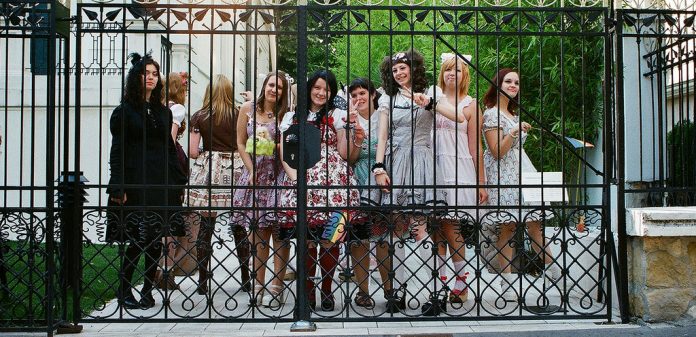Attitudes towards minorities and social issues such as gay rights and abortion differ widely across Europe. The findings of a recent survey show that Europeans in central and eastern countries hold very different views from those in western countries.
Surveys conducted by the Pew Research Center involving 56,000 adults suggest that “attitudes towards religious minorities in the region go hand-in-hand with differing conceptions of national identity”.
With some exceptions, people in central and eastern Europe considered being Christian – Orthodox, Catholic or Protestant – a major part of their national identity, whereas a majority in most western European countries regarded it as unimportant.
As reported by The Guardian, respondents were asked if they would be willing to accept a Muslim or a Jew into their family. Fewer than half of respondents in almost all central and eastern European countries said yes compared with more than half in western European countries. Only Croatia and Italy bucked the trend.
Armenia was the country least accepting of minorities, with 7% saying they were open to a Muslim joining their family and 28% saying the same about a Jew. The Netherlands came out on top at the other end of the scale, with 88% saying they would accept a Muslim and 96% a Jew.
As regards nationalism (cultural chauvinism), a similar geographical divide was also noticed. Central and eastern Europeans were generally more likely to agree that “our culture is superior to others”. The countries in which this attitude was most prevalent were Greece, Georgia, Armenia, Bulgaria, Russia, Bosnia, Romania and Serbia, reported The Guardian.
As regards abortion, Georgia, with 85%, and Moldova, with 79%, were the countries where people were most opposed to legal abortion, compared with only 3% of Swedes and 6% of Danes. Abortion is generally legal across Europe, with the exception of Poland.

